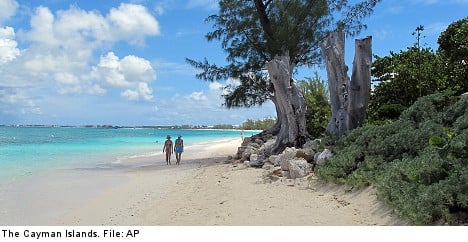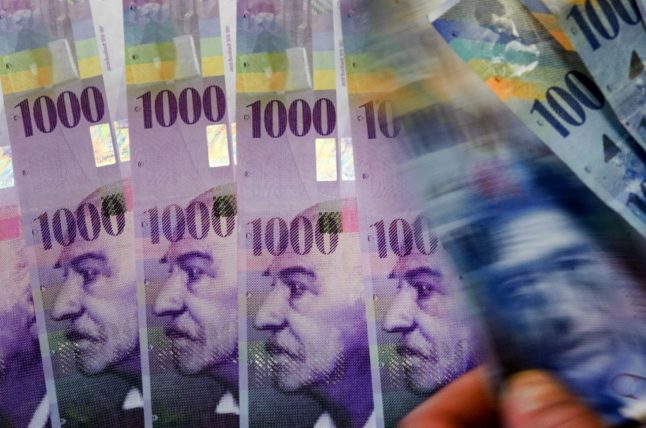On Tuesday, Swedish news magazine Fokus revealed that one person in the investigation was “a nationally recognized businessman” whose identity and business dealings would be examined in the next issue of the magazine, due Friday on news stands.
“Offshore companies do not have to be tied to any irregularities, even though they are often used in conjunction with criminal activity,” Fokus added.
Among the remaining Swedish names was a person who had previously been slapped with a business ban by Swedish authorities. Another had an aristocratic surname, Fokus noted.
The sweeping examination of documents took place under the aegis of the International Consortium of Investigative Journalists (ICIJ). Journalists in 46 countries have scoured documents belonging to offshore companies in known tax havens such as the Cayman Islands, the British Virgin Islands and the Cook Islands.
The ICIJ was less cautious in its description of offshore companies than Fokus were.
“The mega-rich use complex offshore structures to own mansions, yachts, art masterpieces and other assets, gaining tax advantages and anonymity not available to average people,” the ICIJ said in its summary of what the mammoth project had unearthed.
The expanse of the material they went through with their media partners – including Le Monde and the Canadian Broadcasting Company (CBC) – was considerable.
“The total size of the files, measured in gigabytes, is more than 160 times larger than the leak of US State Department documents by WikiLeaks in 2010,” the ICIJ website noted.
In an interview with the CBC, Canadian tax expert Arthur Cockfield said the findings were stunning.
“I’ve never seen anything like this. This secret world has finally been revealed,” said Cockfield, who added that examining the documents reminded him of the scene in the film The Wizard of Oz in which “they pull back the curtain and you see the wizard operating this secret machine”.
The ICIJ also cited James S. Henry, former chief economist at McKinsey & Company, who has estimated the amount of wealth tucked into offshore havens ($21-32 trillion) roughly equals the U.S. and Japanese economies put togehter.
TT/The Local/at



 Please whitelist us to continue reading.
Please whitelist us to continue reading.
Member comments